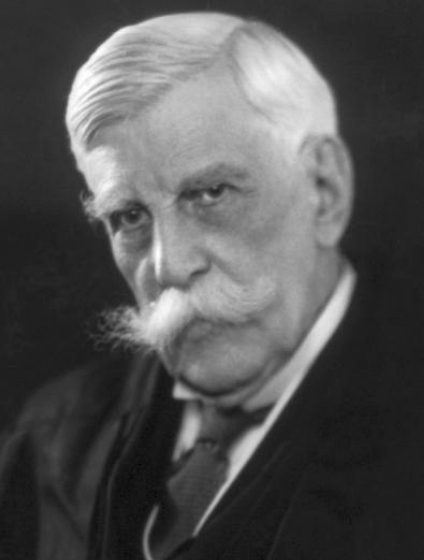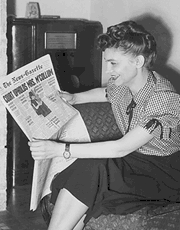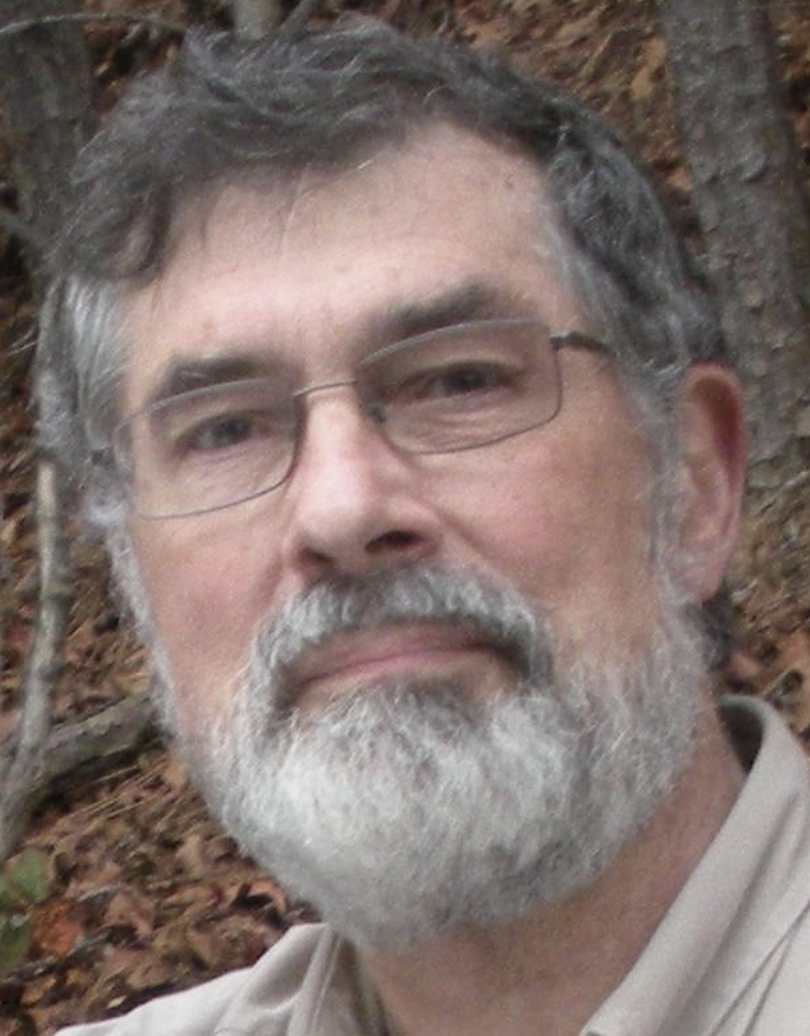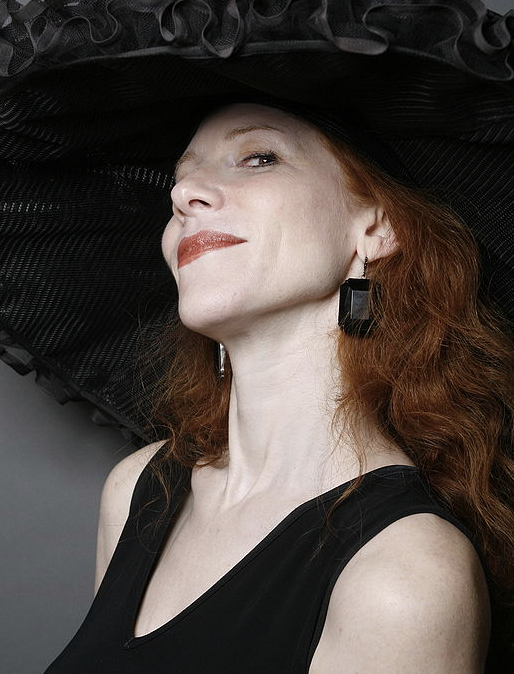March 8
International Women’s Day

After women gained suffrage in Russia in 1917, March 8 became a national holiday there. The first official U.S. observance was in New York City on Feb. 28, 1909. The day was predominantly celebrated by the socialist movement until it was adopted by feminists in the late 1960s. The United Nations began celebrating the day in 1975.
—
Oliver Wendell Holmes Jr.

On this date in 1841, jurist Oliver Wendell Holmes Jr., was born in Boston. He was the namesake and son of a famed physician. Holmes graduated from Harvard in 1861 and immediately enlisted in the U.S. Army, where he was seriously wounded three times. After the Civil War he entered Harvard Law School, where his best friend was William James.
Holmes’ New York Times obituary noted that the two young men went to Europe together, “while James went on, continuing in Germany his search for the meanings of the universe, Holmes decided that ‘maybe the universe is too great a swell to have a meaning,’ that his task was to ‘make his own universe livable,’ and he dove deep into the study of the law.”
Holmes was admitted to the bar in 1866. He became coeditor of the American Law Review in 1870. Holmes wrote his legal treatise, The Common Law, in 1881, a 15-year labor. His recodification of the law from religious foundations to modern jurisprudence was pivotal to the evolution of legal scholarship. Holmes urged “judicial restraint,” or the divorcing of private views from legal opinions.
While he was a professor at Harvard Law School, he was appointed at age 41 as an associate justice on the Massachusetts Supreme Court, eventually becoming chief justice. Theodore Roosevelt appointed him to the U.S. Supreme Court in 1902. He retired in 1932 as the oldest judge (age 91) to serve. Holmes earned the sobriquet “The Great Dissenter” for his many famous dissents, some of which have long since been adopted as mainstream by courts.
Among his well-known legal adages: “The mind of the bigot is like the pupil of the eye: the more light you shine on it, the more it will contract.” “Taxes are the price we pay for a civilized society.” “Three generations of imbeciles are enough.” “The most stringent protection of free speech would not protect a man in falsely shouting fire in a theater.” “The right to swing my fist ends where the other man’s nose begins.” Holmes, like his father, was a Unitarian, who believed in a god but was creedless.
He was married to Fanny Bowditch Dixwell from 1872 until her death in 1929. They never had children but raised an orphaned cousin. He died of pneumonia in 1935, two days short of his 94th birthday. He left his estate to the U.S. government.
“When men have realized that time has upset many fighting faiths, they may come to believe even more than they believe the very foundations of their own conduct that the ultimate good desired is better reached by free trade in ideas — that the best test of truth is the power of the thought to get itself accepted in the competition of the market, and that truth is the only ground upon which their wishes can be carried out. That, at any rate, is the theory of our Constitution.”
—Holmes, quoted in his New York Times obituary (March 1935)
McCollum v. Board of Education Decision (Anniversary)

On this date in 1948, the landmark U.S. Supreme Court decision, McCollum v. Board of Education, barring religious instruction in public schools, was handed down, with a vote of 8 to 1. The lone dissent was from Justice Stanley Forman Reed, who objected to the breadth of the majority’s interpretation of the Establishment Clause.
The case was brought by Vashti McCollum (pictured), a mother in Champaign, Ill., on behalf of her son, Jim. In her enduring 1951 book about the challenge, “One Woman’s Fight,” she described how her son was punished by teachers and teased by students for not taking part in religious instruction illegally taught in his public school.
Although she lost at the first two court levels and was treated as “a very unpopular woman,” Vashti did not give up. Her appeal to the U.S. Supreme Court resulted in a stunning victory for separation of church and state, which is still the prevailing precedent in public school law today. McCollum was an FFRF honorary board member. She died at age 93 in 2006.
“Separation means separation, not something less. Jefferson’s metaphor in describing the relation between Church and State speaks of a ‘wall of separation,’ not a fine line easily overstepped. The public school is at once the symbol of our democracy and the most pervasive means for promoting our common destiny. In no activity of the State is it more vital to keep out divisive forces than in its schools, to avoid confusing, not to say fusing, what the Constitution sought to keep strictly apart.”
—Justice Felix Frankfurter, concurrence, McCollum v. Board of Education, 333 U.S. 203, 212 (1948)
Ed Buckner

On this date in 1946, educational researcher, author and religious skeptic Edward Milton Buckner was born in Fitzgerald, Ga. His father was an Episcopal clergyman. (One of his congregants when the family lived in Texas was astronaut Frank Borman.) Buckner, who said he started “gradually coming to my senses as an atheist” in the 1960s, received a B.A. from Rice University in Houston in 1967 and an M. Ed. and Ph.D. from Georgia State University. He married Diane Bright in 1968 and their son Michael was born in 1970. They are Life Members of the Freedom From Religion Foundation.
Buckner was an assistant professor of urban studies at Georgia State University from 1980 to 1986. He taught research methods, statistics and computer use and was responsible for managing and conducting data analysis from research projects. He then worked as a researcher for a public school system and later served as executive director of the Council for Secular Humanism (2001-03), as president of American Atheists (2008-10) and as American Atheists interim executive director for several months in 2018.
An example of Buckner’s ability to be a burr under the saddle of government favoritism to religion was noted in November 2007 by USA Today. He and about 20 others protested “a revival-style vigil” outside the state Capitol, where Gov. Sonny Perdue prayed with hundreds of Georgians for rain to ease a severe drought as “Amazing Grace” played: “We ask God to shower our state, our region, our nation with the blessings of water.” Buckner told the newspaper: “I am embarrassed that my governor thinks ordinary Georgians praying is not enough, that we need to have a mixing of church and state to get the attention of the Almighty.”
Two years later, he addressed the Cobb County Commission with a “prayer” of his own: “[T]hese invocations are a violation of the letter and intent of the Constitution of the state of Georgia, of the 1st Amendment to the Constitution of the United States, and of the 14th Amendment, ratified exactly 141 years ago today. Go and sin no more. Thank you.”
Buckner has edited Freethought Press books and with Michael co-edited Quotations That Support the Separation of Church and State (1995). Father and son co-wrote In Freedom We Trust: An Atheist Guide to Religious Liberty, published by Prometheus Books in 2012. Along with writing and editing, Buckner has debated and spoken in the U.S. and U.K. about freethought and secular humanism. What does he think about the Bible? “A dangerous set of books, full of beauty, moral wisdom and history, but mixed with viciousness, cruelty, myth and immorality.” (2010 interview with tabee3i, an online home for Metaphysical Naturalists “rejecting the existence of the supernatural”)
PHOTO: By Diane Buckner
“The stigma attached to being an atheist based on atheists being hopelessly immoral, outrageously in rebellion against a loving God, and in league with Satan (possibly as foolish dupes rather than his evil minions) was pervasive. The stigma has not ended, the fear of and hatred of us has not abated, the ignorance and misunderstanding is still widespread.”
—Ed Buckner, "A Look Back From an Old Guy Not in the Old Guard" (American Atheist magazine, Second Quarter 2013)
Amy Alkon

On this date in 1964, advice columnist and author Amy Alkon was born into a Jewish Michigan family. She grew up in Farmington Hills, a wealthy Detroit suburb. She recalled “non-Jewish kids around us egging our house, shaving-creaming ‘Dirty Jews’ & the like on our garage door, & physically bullying me” in an online tweet she wrote on Aug. 8, 2018.
She started dispensing advice after moving to New York City and setting up on a street corner in SoHo as one of three women who called themselves “The Advice Ladies.” The three co-authored Free Advice: The Advice Ladies on Love, Dating, Sex, and Relationships (1996), which Alkon followed up with I See Rude People: One Woman’s Battle to Beat Some Manners Into Impolite Society in 2009.
She wrote “Ask Amy Alkon,” a column in the New York Daily News before she became nationally distributed as “Ask the Advice Goddess” through the Creators Syndicate and reaching about 100 publications. LA Weekly called her “Miss Manners With Fangs.”
“I’m an atheist (I require evidence to believe; don’t go on faith), but it’s rude & wrong to paint religious people as a big bunch of idiots,” Alkon tweeted on Aug. 30, 2017. She blogs at advicegoddess.com and as of this writing in 2020 lives in Santa Monica, Calif. Her weekly podcast “HumanLab: The Science Between Us” features behavioral scientists discussing their work. Her 15-minute, 2016 TED talk “The Surprising Self-Interest in Being Kind to Strangers” is here.
Along with her advice columns, she blogs about applied behavioral science and discusses religion. For example, in a Sept. 28, 2007 blog titled “Religion As A Black Market For Irrationality,” she detailed how Sam Harris in Newsweek “lays out the gist of evidence-free living. Reason is a compulsion, not a choice.” Alkon also writes what she calls “science-help” books. In Unf*ckology: A Field Guide to Living with Guts and Confidence (2018), she humorously debunked widely accepted but scientifically unsupported notions about self-esteem, shame, willpower and more.
Asked by the Detroit Metro Times (Dec. 15, 1999) about her views on marriage, she said, “I don’t believe in marriage; not the way it’s practiced. I just don’t see committing to be with somebody ’till death do us part.’ I can live to be maybe 120 if I take care of myself. … My idea of a great relationship is one in which I live separately from the person I’m involved with.”
Looks aren’t important, she said. “I, personally, don’t care if a guy has a face like a shoe, if he’s tall, nice and smart.” The Metro Times then asked, “Dr. Laura: Love her or hate her?” Alkon: “She’s an evil witch. I call it ‘car-crash radio.’ There’s no reason to berate people like she does. I hate hypocrisy, and I think she’s a horrible hypocrite.”
PHOTO: Alkon in August 2009 during DeepGlamour’s first birthday party; photo by Virginia Postrel under CC 2.0.
“Doubt gets a bad rap. Doubting doesn’t mean you’ve stopped believing, but that you’ve started thinking. Sheep doubt nothing. Chances are you’ll get further in life by questioning things than by living like something that ends up as dinner and a sweater.”
—Alkon, "I See Rude People: One Woman's Battle to Beat Some Manners Into Impolite Society" (2009)
